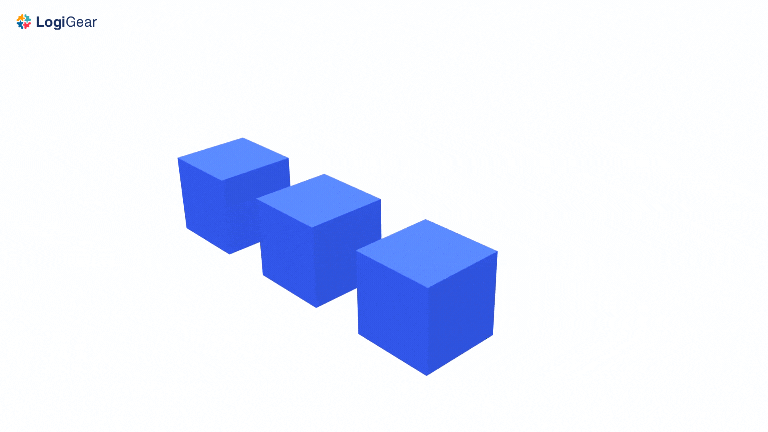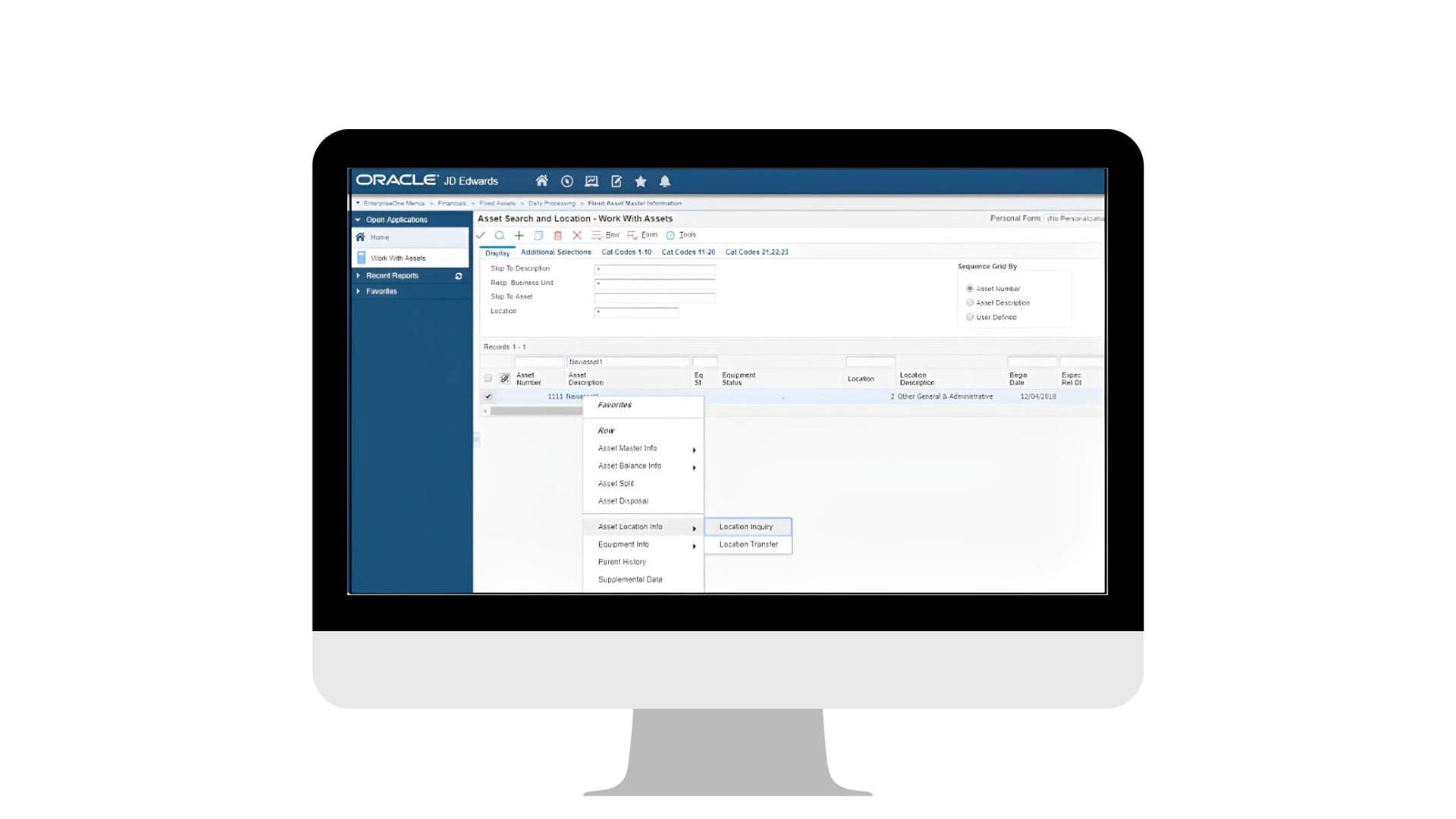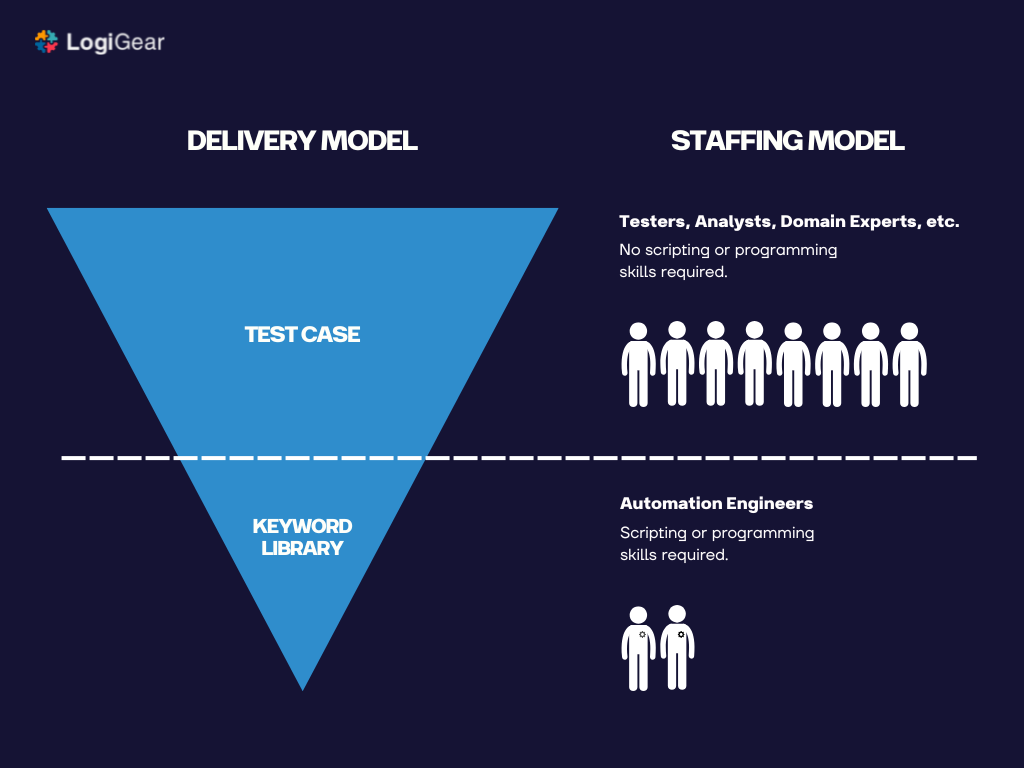Leading Provider of Testing Services


Why Choose Us?
LogiGear proudly marks its 30th anniversary as a trusted global partner, delivering tailored solutions that enhance software quality and accelerate delivery for businesses worldwide.

We offer specialized expertise in software testing, from advanced automation frameworks to strategic test design. Our scalable, high-impact solutions ensure efficiency and quality across your projects.

From startups to large enterprises, companies allocate a significant portion of their IT budgets to QA. LogiGear helps optimize these investments with efficient, affordable solutions that significantly improve product quality.
.png)
We’ve had the privilege of working with leading organizations across various industries, delivering measurable value and lasting partnerships. Our commitment to quality is reflected in our 90% client renewal rate, a testament to the trust and satisfaction of our clients.
.png)
Our Philosophy on test automation
#1
Enhancing Testing with Modular Test Design
LogiGear adheres to a modular test design approach, breaking tests into smaller, reusable functions (or modules) to enhance maintainability, flexibility, and scalability.


#2
Efficient Debugging through Isolated Modules
This approach enables testers to efficiently isolate failures and accelerate debugging by pinpointing the exact module or component responsible, leading to better maintainability as individual modules can be updated or fixed without impacting the entire test suite.
#3
Flexible and Scalable Testing Strategies
With each module functioning independently, tests scale easily, allowing updates to individual components without affecting the entire suite and enabling flexible combinations to efficiently cover new requirements and scenarios.

modular test design
In keyword-driven testing, the first thing you notice is how complex test scripts are distilled into clear, readable actions. Looking closer, it becomes evident that keywords serve the same purpose in testing as functions do in programming: they encapsulate repetitive tasks, enhance reusability, and keep test scripts organized and manageable. Like functions, keywords can accept arguments, enabling testers to handle various scenarios with concise, adaptable logic. This approach also simplifies maintenance; updates to a testing step can be made within the keyword itself, automatically applying wherever that keyword is used.

.png)

One of the top three reasons testing teams struggle is due to poor communication and limited stakeholder engagement. Since the goal of testing is to ensure that software meets specified requirements and functions as expected, achieving this requires active input and guidance from domain experts—individuals with in-depth business knowledge who may lack programming expertise.
Keyword-driven testing addresses this challenge by simplifying the testing process, abstracting programming complexities into natural language. This approach enables domain experts to participate actively in test design, execution, and validation, helping ensure that testing aligns closely with real-world requirements and expectations.


With a robust library of keywords at their disposal, team members can efficiently construct test cases early in the sprint, often even before the actual code is written. Testers can introduce new keywords that capture essential business logic or specific application behaviors, which can then be handed off to the automation team for integration. This collaborative process ensures that the test automation framework evolves alongside the application, keeping development and testing efforts closely aligned.





.svg)

